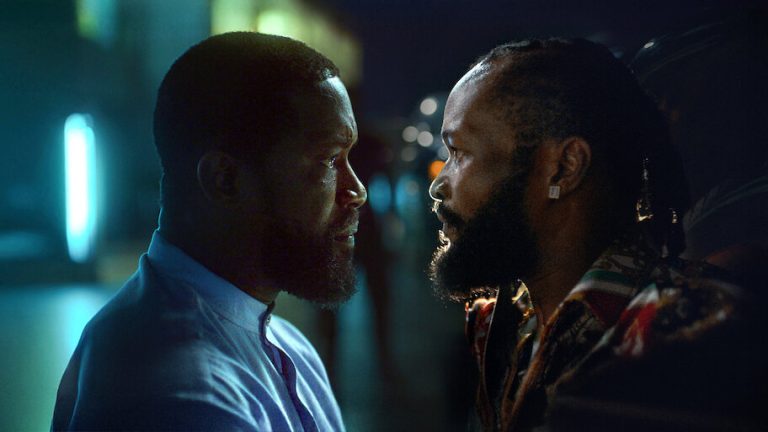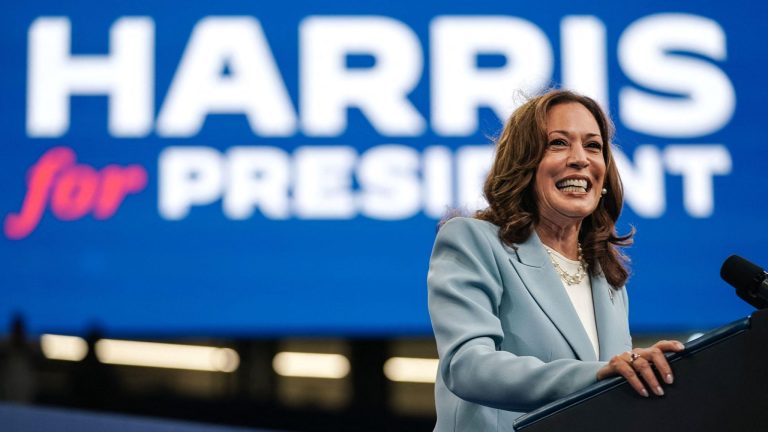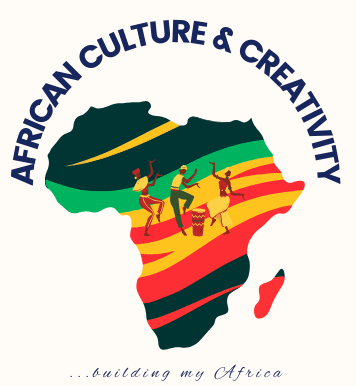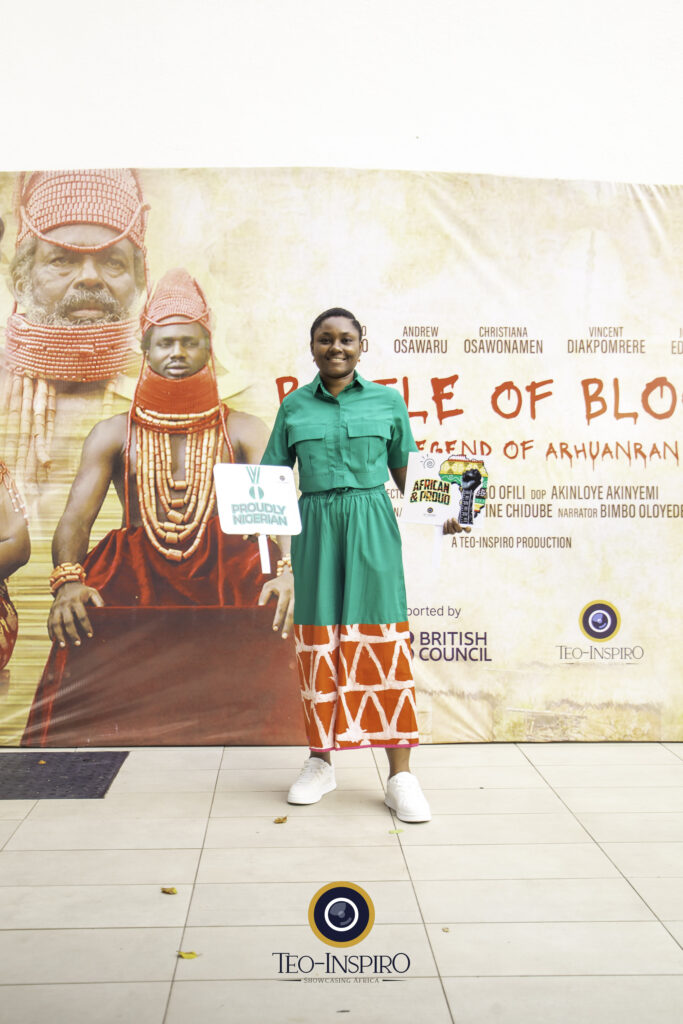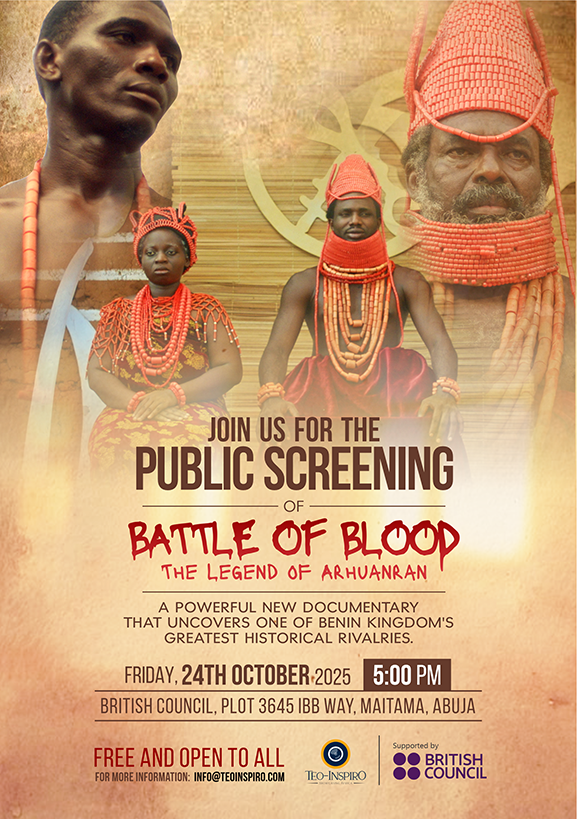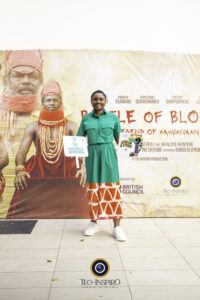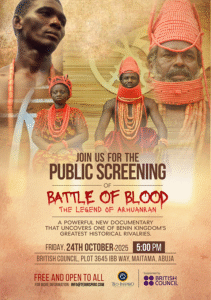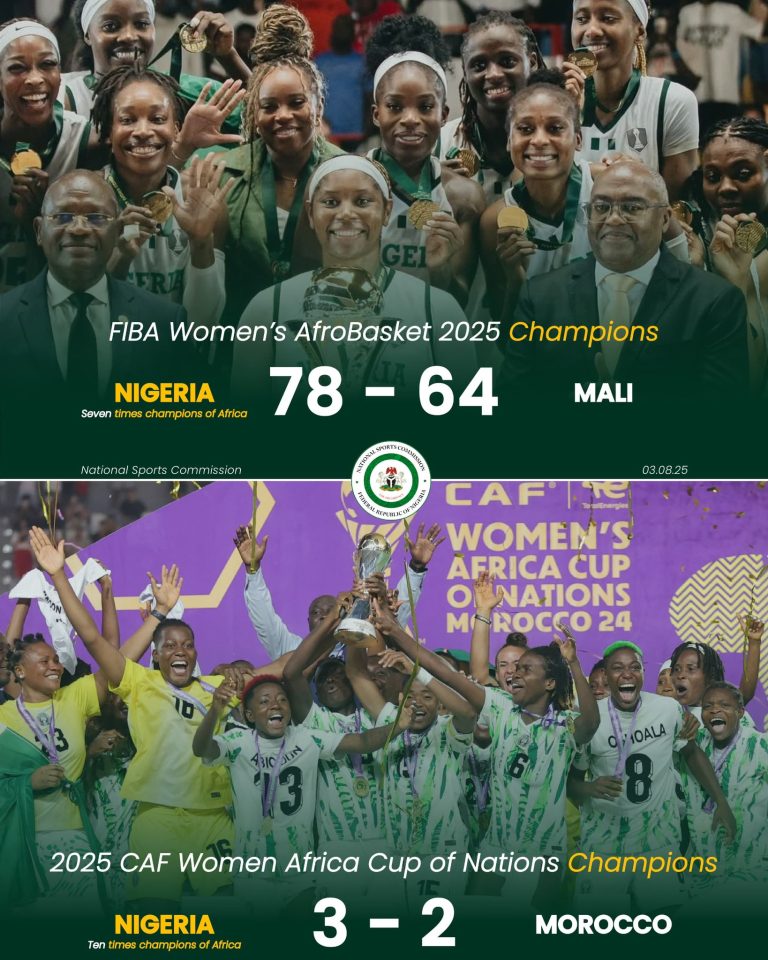Democracy, Freedom, Equality, may have its textbook definition, but in reality, it is defined from each standpoint and perspective of persons, people or places. For instance, to an American or in the Western world, Democracy is the ability to express ones freedom of speech, wield firearm, freedom of privacy unquestioned, and social media usage unhindered.
However to the South Americans and Africans, these jargons simply mean the ability of individuals to provide food for themselves and their families, water, security and provision of other basic amenities. In other words, freedom of speech is nothing when a man cannot afford to feed, provide shelter or clothing. In other words, unless there is an equitable distribution of wealth determined and accepted by the people, Democracy is and would remain a ‘mere’ word.
On November 26th 2016, the news was broken to the world by President Raul Castro that “The commander in chief of the Cuban revolution (Fidel Castro) died at 22:29 hours in the evening (03:29 GMT Saturday)”. The news of his death elicited wild jubilation in the Western world. As the news filtered into Havana Miami, the celebration was spontaneous. Within half an hour, locals thronged into the street banging their pots and spoons waving Cuba flag celebrating joyously, the kind of celebrated only seen when Nation gains independence or a popular candidate wins an election. On the International arena, it was a feeling also mixed with joy and emotions, grief and relief.
From his historical antecedents, analysts and Historians are not surprised because he was a man of many paths and a victim of circumstance. He is a personality who in the face of adversity, quickly had to adapt to the murky water of leadership challenge he found himself. He soon found out that it is one thing to be a successful revolutionary, yet it is another to lead a country. This he did with grit, vision and gusto; one whom his enemies envied enough to acknowledge.
To the average American or the Western media, Fidel Castro was a tyrant, a dictator, (el monstruo – the monster) one who lust for blood and a deviant who in their eyes has violated and had no respect for human dignity not to mention rights. To drive their polemics home, they present gory tales accompanied with statistics of how he killed at will, anyone who came between him and power. Figures of death toll which ran from 35,000 to 141,000 with a median 73,000 are quickly brandished to make him look like the bloodthirsty dictator and tyrant.
However, these figures which are yet to be substantiated would easily on face value quickly condemn Fidel Castro to the hottest parts of hell. But the West who quickly display these unverified information are quite complicit overtly or covertly through its several programs which was planned to deliberately pitch and incite the people against Fidel and make him look all evil and they the angels. A case in point was in the mid-1990s, Noam Chomsky commented that “Cuba was the target of more international terrorism than probably the rest of the world combined, up until Nicaragua in the 1980s.” The list of US terror tactics against Cuba is far too long to list in total. They include US attacks on Cuban sugar mills by air, a 1960 blowing up of a Belgian ship in Havana harbour killing 100 sailors and dock workers, dynamiting stores, theatres, a Havana department store and burning down another one. In addition, there were dozens of attacks and bombings and over 600 known plans or attempts to assassinate Fidel Castro under bizarre circumstances. The CIA also conducted biological warfare against Cuba including introducing dangerous viruses to the island affecting sugar cane and other crops, African swine fever in 1971 that resulted in the need to slaughter half a million pigs, and hemorrhagic dengue fever that caused the deaths of at least 81 children in 1981- These incidents were later confirmed in declassified US documents.
Interestingly, it is quite instructive to note at this juncture that America’s obsession to oust or eliminate Fidel at all cost led to the killing of innocent Cubans who were caught in the middle. That they devised and implemented over 638 ways to assassinate just one man born of a woman clearly depicts the sheer madness that they were ready to dance naked. Since America controls information through its media, people hardly heard Fidel’s own side of the story.
In spite of all these, how did he fair in providing the basic needs of his people. The metric through which he should be judged is by his legacy. Therefore, the following are his achievements:
- Cuba is today the only country in the Americas where child malnourishment does not exist (UNICEF).
- Cuba has the lowest child mortality rate in the Americas (UNICEF). 130,000 students have graduated from medical school in Cuba since 1961
- Cuba has eliminated homelessness (Knoema)
- 54% of Cuba’s national budget is used for social services. Cuba has the best education system in Latin America
- Cuba has sent hundreds of doctors and nurses on medical missions across the Third World
- Cuba was the first country to eliminate mother-to-child transmission of HIV (World Health Organization)
If we could juxtapose America’s styled democracy with that of Cuba, you’ll discover Fidel did not fair bad at all. As I write, America is still struggling till date to provide free healthcare services to its citizen. Statistics has shown that inability to meet health bills is one of the main reasons Americans go bankrupt yearly. In the education sector, even a prostitute or a taxi driver in Cuba is educated because education is a right, but in America, education comes at a price which everyone cannot afford- a privilege.
Fidel may be gone, but his legacy speaks for him. His ability to provide the basic needs of Cubans and made them stand tall in the League of Nations qualifies him a democrat. That he put the interests of Cubans first is the truth trait and character a leader should possess. Truly posited when interviewed by CBS’ Edward Murrow, 30 days after the revolution, “I’m not thinking of cutting my beard, because I’m accustomed to my beard and my beard means many things to my country. When we fulfil our promise of good government I will cut my beard.” Rest on Fidel.
By Greenvolution


